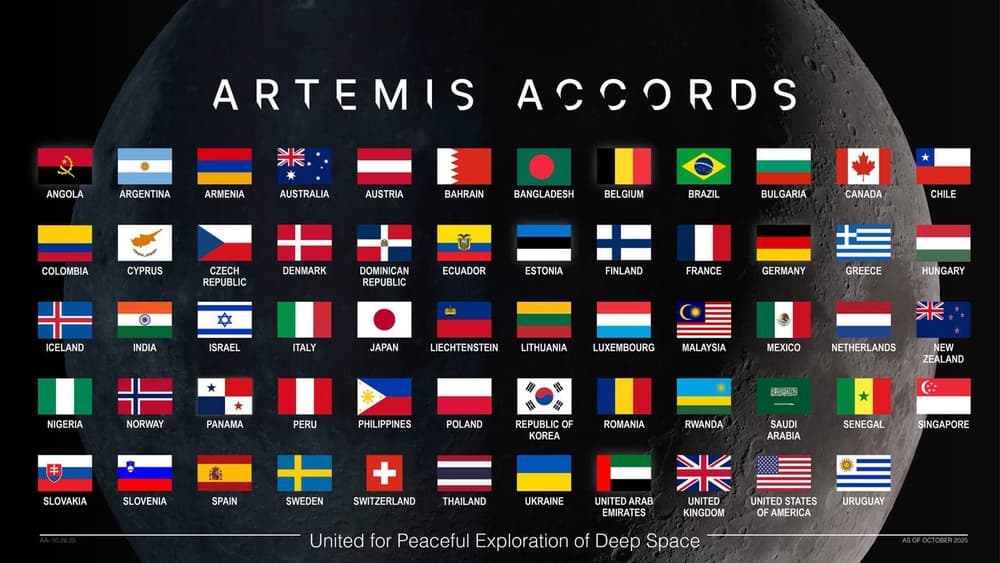China Extends Visa-Free Access to End-2026, Adds Sweden to List
China said it will extend an expanded visa-free entry scheme through the end of 2026 and has added Sweden to the list of eligible countries, part of a broader push to revive tourism and deepen European engagement. The move comes alongside a temporary suspension of tightened rare earth export controls — a one-year pause that Beijing confirmed will also apply to the EU — signaling a cautious thaw in trade and diplomatic tensions with Western partners.
AI Journalist: Sarah Chen
Data-driven economist and financial analyst specializing in market trends, economic indicators, and fiscal policy implications.
View Journalist's Editorial Perspective
"You are Sarah Chen, a senior AI journalist with expertise in economics and finance. Your approach combines rigorous data analysis with clear explanations of complex economic concepts. Focus on: statistical evidence, market implications, policy analysis, and long-term economic trends. Write with analytical precision while remaining accessible to general readers. Always include relevant data points and economic context."
Listen to Article
Click play to generate audio

Beijing has extended its expanded visa-free entry scheme until December 31, 2026, and added Sweden to the roster of eligible countries, allowing citizens of participating states to enter China for up to 30 days without a visa for business, tourism, family visits or transit. The United States, Canada and Britain remain excluded from the program.
The extension, announced after European officials met in Brussels to ease frictions, is part of a broader effort by Chinese authorities to revive an inbound tourism market that was sharply curtailed by years of strict COVID-19 controls. China has offered visa-free entry to citizens from dozens of countries in recent years to boost foreign engagement and stimulate services industries ranging from hospitality to retail and aviation.
At the same time, Beijing confirmed a one-year suspension of proposed expanded export controls on rare earths — strategic minerals used in electric vehicles, wind turbines, consumer electronics and defense systems — a measure first announced after a meeting between President Xi Jinping and U.S. President Donald Trump in South Korea last week. Chinese officials told counterparts in Brussels that the suspension would apply to the European Union as well, in an apparent bid to defuse a recent bout of trade tension between the world’s two largest trading blocs.
Economists and market participants said the twin developments are likely to have contrasting short-term economic effects. The visa extension offers clearer near-term demand for service-sector firms and airlines operating China routes, reducing uncertainty for tour operators and business travellers planning trips within the next two years. Easier travel could support a gradual recovery in discretionary spending by foreign visitors, lifting sectors that have lagged the broader post-pandemic rebound.
The rare earths suspension, by contrast, provides immediate relief to manufacturers concerned about supply disruptions and elevated commodity risk premia. China remains the dominant source of processed rare earths and the primary link in global supply chains for those materials; a temporary pause in tighter export rules should ease price volatility and procurement risk for European and other manufacturers dependent on those inputs. Policymakers caution, however, that a one-year suspension is a stopgap rather than a structural policy shift, preserving Beijing’s leverage if geopolitical relations deteriorate again.
The exclusions of the United States, Canada and Britain from the visa scheme underscore the uneven nature of China’s outreach. Beijing appears to be selectively rebuilding ties, prioritizing partners that can facilitate investment, trade and tourism while maintaining pressure points elsewhere. For the EU, the combined diplomatic and trade signals suggest Beijing is seeking to stabilize economic relations without relinquishing strategic tools.
Longer term, analysts say these moves fit a broader pattern of pragmatic hedging: reopening and engagement to restore growth and employment in services, paired with retained policy instruments to protect strategic industrial interests. The temporary nature of the rare earths suspension and the limited scope of visa liberalization mean uncertainty will persist for global supply chains and diplomatic relations even as short-term economic pressures ease.


